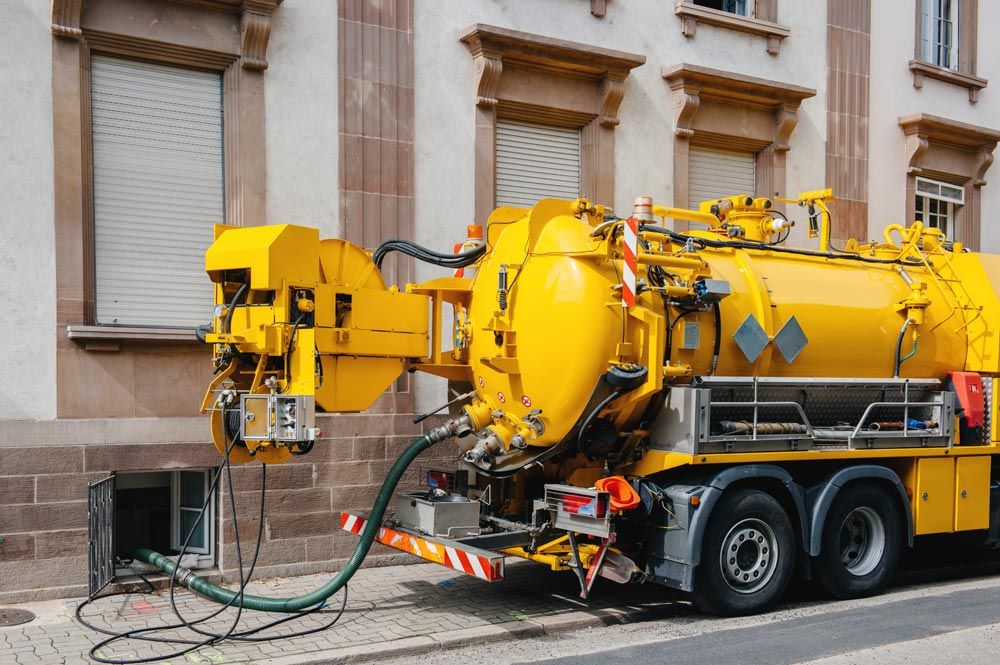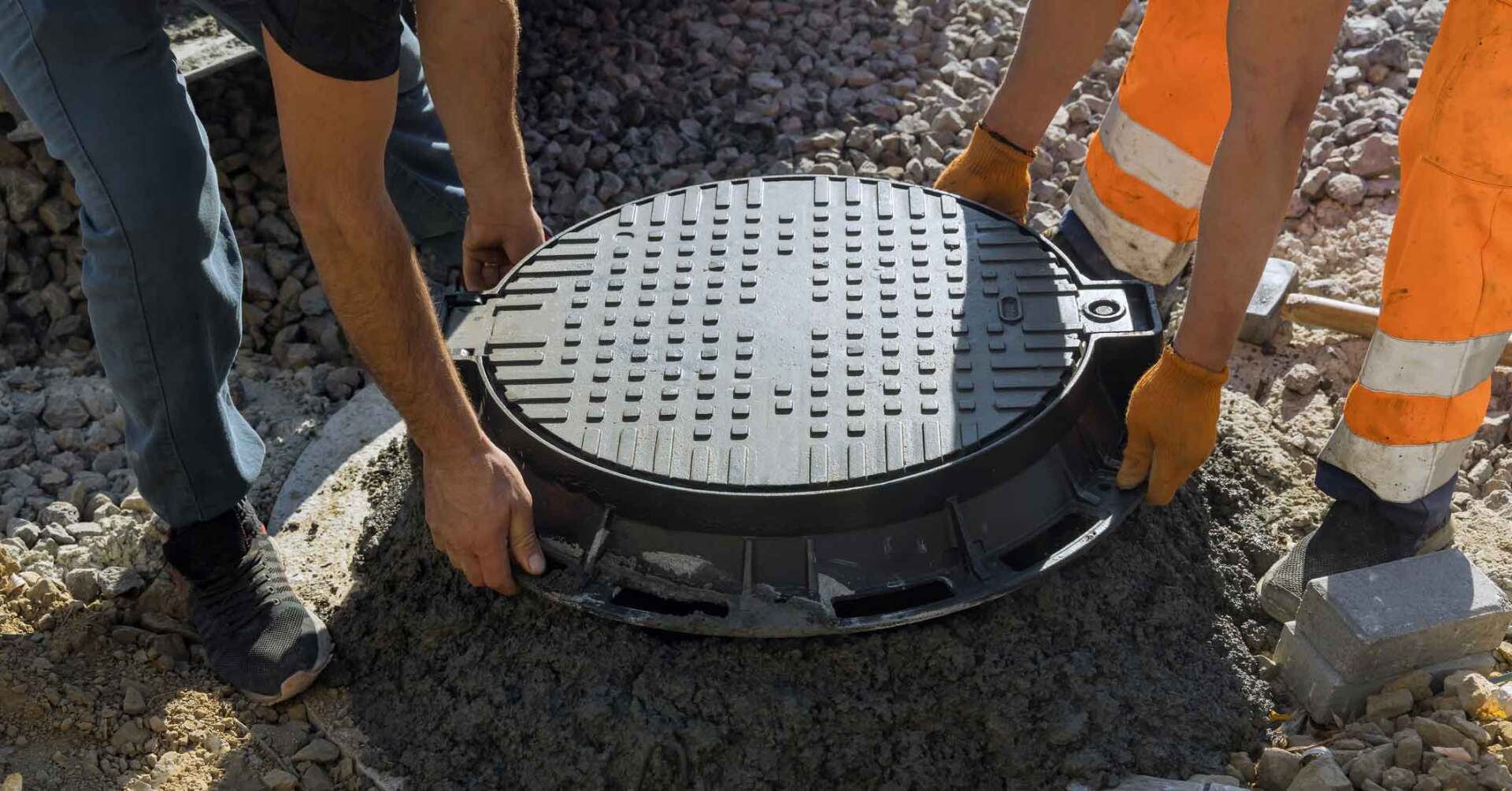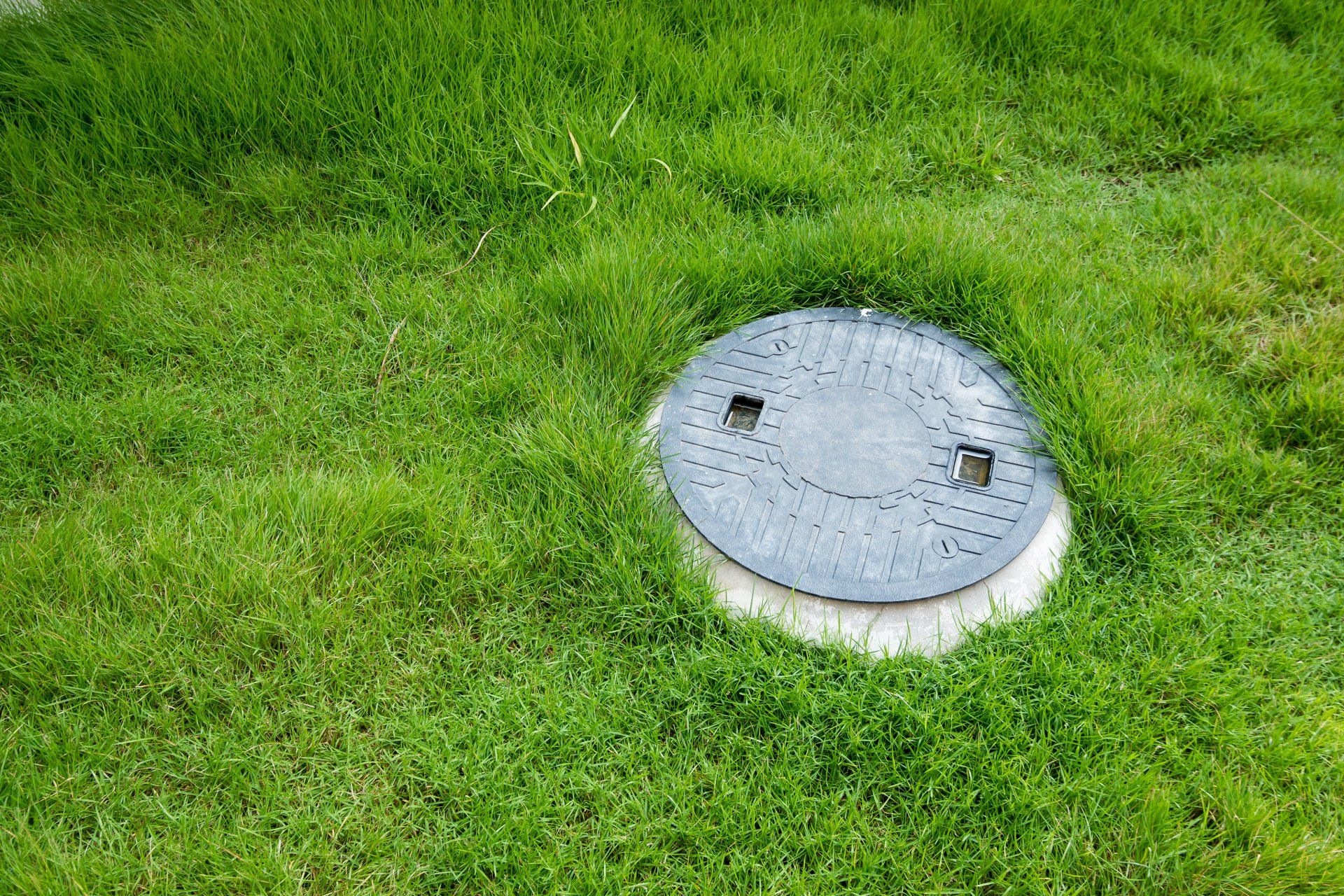5 Septic Tank Specifications That Homebuyers Must Consider
Admin • May 2, 2023
Homebuyers should inspect a property's waste processor before moving in to avoid inconveniences. Therefore, engage a service provider to examine a septic tank and evaluate its condition and performance. This post highlights septic tank specifications to consider when buying a home.
1. Septic Tank Age
A septic tank can last up to 30 years. However, unprofessional installation and irregular maintenance compromise durability. Therefore, establish a septic tank's age to make an informed decision when buying a house.
A home seller or real estate agent typically knows when a septic tank was first installed. However, hire an expert to retrieve a tank's exact age from the local municipal office. Buy a property with a relatively young septic tank for manageable maintenance costs in the future.
2. Proximity to a Well
A well provides clean water for domestic use, including watering plants and livestock and washing. Thus, a homeowner saves money they would have spent on the mains water supply. However, a septic tank's proximity to a well affects water quality. Unfortunately, some homebuyers do not establish the distance of a wastewater processor from an underground water reservoir.
Verify a tank's closeness to a well before buying a new house. In particular, ensure a septic system is far enough away from a well to prevent contamination. Expensive relocation might be necessary if the two systems are too close. Therefore, consult an expert to ensure a septic tank will not compromise underground water safety.
3. Maintenance Schedule
Timely septic tank maintenance is critical to optimal performance and durability. However, some homeowners ignore regular care and compromise functionality. Thus, a homebuyer risks inheriting a dilapidated and inefficient septic system if they do not ask for a service history.
Typically, septic tank technicians keep accurate records of all maintenance work on a system. Therefore, request a maintenance schedule to verify maintenance on a wastewater processor is up-to-date. Additionally, a service provider examines service records for timely inspections and pumping.
4. Closeness to Vegetation
Trees provide shade and fresh air, break strong winds, and add value to a property. However, the benefits might cloud a homebuyer's judgment regarding the future state of a septic tank. For instance, tree roots can grow through a wastewater system and cause extensive damage over time.
Establish the tree types growing around a septic tank before purchasing a property. Typically, tall tree species develop deep roots for support and should be nowhere near a septic system. A septic services consultant can help determine the potential impact of vegetation on a wastewater processor. For example, an expert might propose removing young trees to prevent future septic tank damage.
5. Septic Tank Ownership Type
Some homebuyers are familiar with individual septic tanks that serve a single property, but shared wastewater processors are also available. However, a shared septic tank fills faster, and the pumping frequency is higher than in a stand-alone unit.
Determine a septic tank ownership type before buying a house. The information helps determine critical issues, including maintenance, pumping, repairs, and location. For instance, neighbors might need to access a shared septic tank on your property, invading your privacy. Therefore, know the ownership type to avoid inconveniences and surprises.
Septic tank data help potential homebuyers make informed purchase decisions. Contact us for professional septic tank services before buying a residential property. We look forward to ensuring you have the best septic system for your home.
It is crucial to understand the impact that untreated wastewater can have on our environment and health. Learn more by reading this blog.
For homeowners who rely on well water, ensuring its purity is paramount. Read on to learn what factors contribute to your well water quality.
When a drain field becomes clogged, it causes a cascade of problems. Discover how a clogged drain field can affect the septic tank in our blog.
Septic tank maintenance is crucial to longevity. Discover how excess water can compromise your septic tank's functionality and what to do in this blog.
A backup in your septic system could spell serious trouble. Read this blog to learn the signs and causes of septic system backups.
Whether you want to install a new septic tank or need professional septic services, check out some factors to consider when picking a septic tank company.





